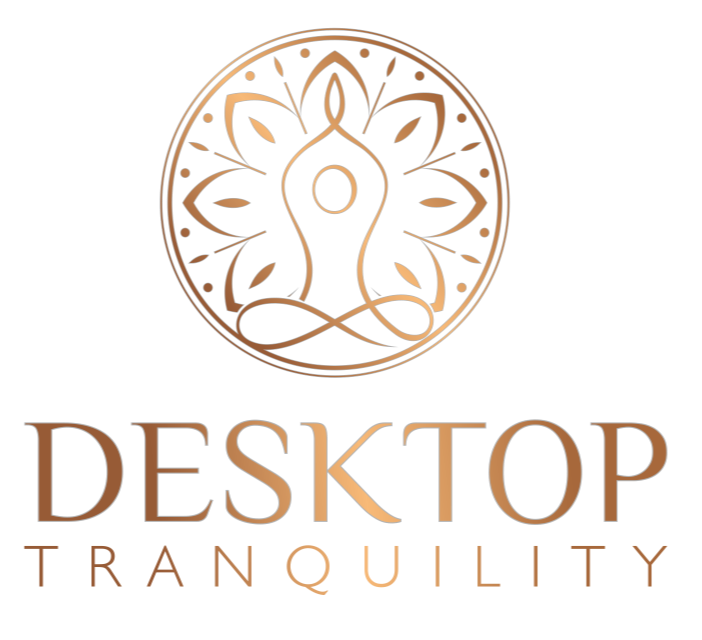Maximizing Growth Through the Importance of Self-Reflection: A Guide to Journaling and Practice
Self-reflection is an essential practice that allows individuals to introspect and gain a deeper understanding of themselves and their experiences. It involves taking the time to reflect on one's thoughts, actions, and emotions, enabling personal growth and development.
Reflective practice involves looking back on past experiences and analyzing them to gain valuable insights. It enables individuals to recognize patterns, identify strengths, and learn important lessons that can inform future decisions and actions.
Engaging in self-reflection requires thinking deeply about various aspects of your life, such as your behavior, emotions, and responses to challenges. By reflecting on these elements, you can better understand yourself and your motivations.
How Can Self-Reflection Help in Personal Growth?
Self-reflection allows individuals to identify valuable lessons learned from past experiences. By reflecting on both successes and failures, individuals can extract meaningful insights that contribute to personal growth and development.
Reflecting on emotions is a great way to gain a deeper understanding of oneself. By evaluating the emotions experienced in different situations, individuals can uncover underlying motivations and desires that influence their behavior.
Self-reflection is an important tool for promoting self-awareness and personal development. By engaging in reflective practices, individuals can recognize their strengths, weaknesses, and areas for improvement, leading to enhanced self-awareness and growth.
What Are Effective Self-Reflection Questions to Ask?
Reflecting on behavior patterns enables individuals to recognize recurring habits and tendencies. By identifying these patterns, individuals can make conscious efforts to change negative behaviors and cultivate positive ones.
Self-reflection provides an opportunity to identify and celebrate personal strengths. By recognizing your strengths, you can leverage them to overcome challenges and achieve your goals.
When faced with challenges, reflecting on past experiences can provide valuable insights on how to respond effectively. By considering how you have overcome challenges in the past, you can develop strategies for navigating current obstacles.
When and Where Should You Practice Self-Reflection?
At the end of the year, it is valuable to set aside time for self-reflection. This period of reflection enables individuals to assess their achievements, setbacks, and personal growth throughout the year, paving the way for a more intentional future.
Self-reflection should not be limited to specific moments but rather integrated into daily life. By pausing to reflect on your thoughts and actions throughout the day, you can cultivate self-awareness and mindfulness in various situations.
Keeping a journal is a valuable practice for self-reflection. Writing down your thoughts, emotions, and experiences allows you to dive deeper into your inner world, gain clarity, and track your personal growth over time.
How Does Self-Reflection Enhance Clarity and Focus?
Self-reflection enables individuals to gain perspective and insights on various aspects of their lives. By reflecting on past experiences and emotions, individuals can clarify their goals and values, leading to enhanced clarity and focus.
Through self-reflection, individuals can better understand themselves and their motivations. By analyzing their thoughts and behaviors, individuals can gain a deeper understanding of their identity, strengths, and areas for growth.
Reflecting on important details and experiences allows individuals to remember key information more effectively. By engaging in reflective practices, individuals can process and internalize information, enhancing their memory and understanding of significant events.
Final Thoughts
Self-reflection is a powerful tool that allows individuals to gain a deeper understanding of themselves and their experiences. Through journaling, people are able to explore their thoughts, emotions, and behaviors in a safe and non-judgmental way. This process can lead to increased self-awareness, better problem-solving skills, and improved emotional intelligence. The act of writing things down can help individuals process their feelings and make sense of their experiences. Additionally, self-reflection can lead to personal growth and development by identifying areas for improvement and setting goals for the future. Overall, the benefits of self-reflection are numerous and can greatly enhance one's overall well-being and quality of life.

